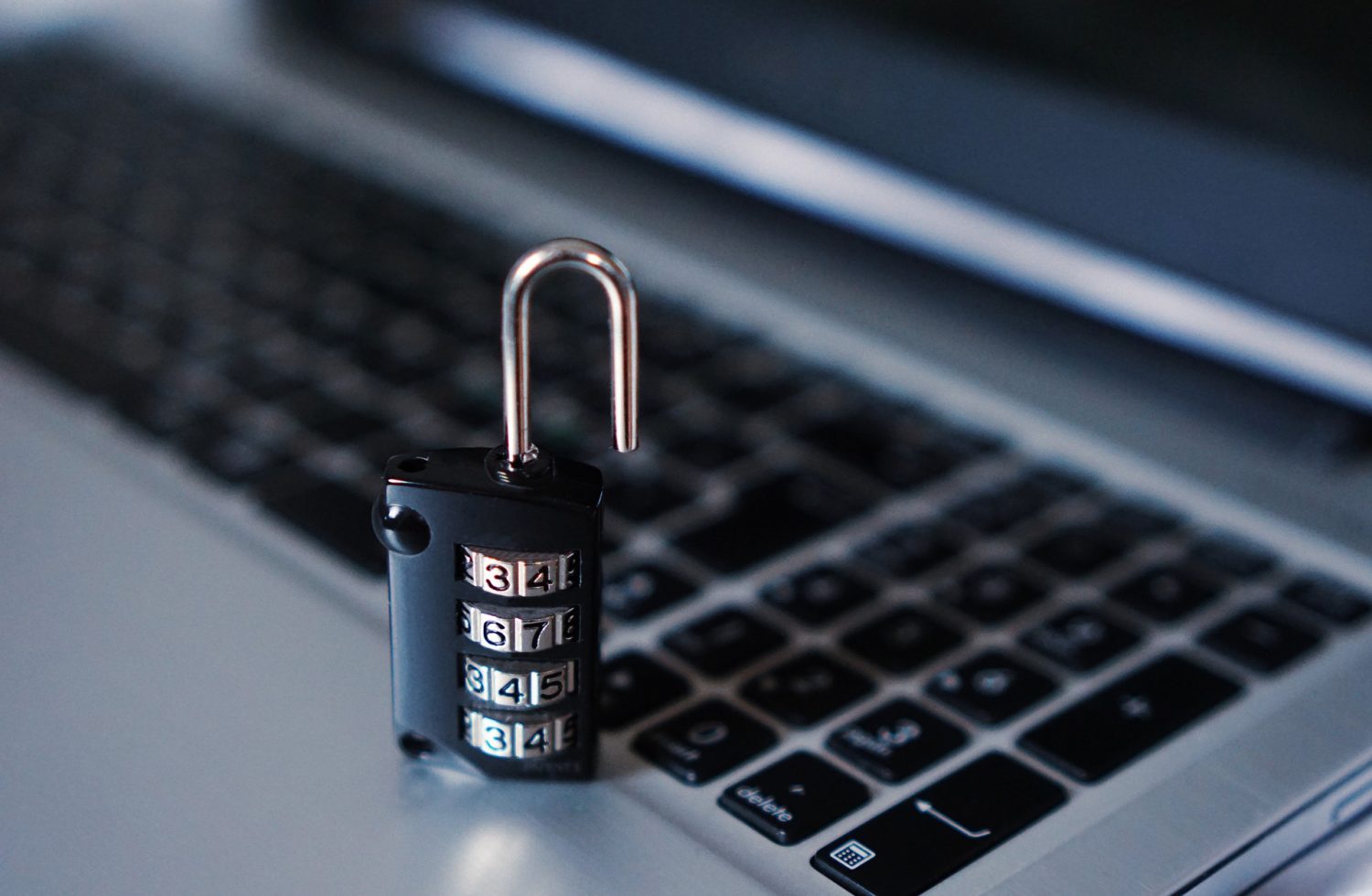Why Cybersecurity Should be Important to Your Organization
You hear the stories every week in the news – hackers stealing data such as passwords, credit card numbers and more.
If an organization experiences a data breach, not only do they lose the trust of their members, customers and the general public, it can also cost organizations a great deal in legal fees and even fines.
Most member organizations rely on basic security practices, but without high level security and constant monitoring, costly mistakes can be made. Odds are, if you’ve been hacked once the hackers will try again.
Who would do such a thing?
According to CSO, cybercrime damages are projected to rise to $6 trillion by 2021. This will effect more than 50 percent of the world’s population who use the internet every day.
“Hacktivists” stealing information for political or social purposes, cyber criminals stealing for profit and even malicious hackers breaking into organizations just to prove they can do it – there is a large pool of crooks ready and willing to steal your organization’s precious data at every opportunity.
Think about how much your organization relies on data. Now imagine what would happen if someone outside of your organization gained access to that data.
Are you observing security best practices?
Basic security is no longer enough. Here are some best practices to help your member organization formulate an industry-leading defense plan:
Get the board on board
Do your homework and thoroughly educate your board on the importance of security to your organization. You may have board members with cybersecurity expertise who can help lead the creation of a cyber security plan. If your board lacks this representation, you should strongly consider hiring a third-party expert to ensure you have every angle covered.
Implement employee and volunteer policies
It’s imperative that all employees, volunteers and executives of your organization set a good example so members trust their information will be secure in their everyday transactions as well as during high profile events like elections. By using strong password protection, off-premise laptop and confidential data policies, data transfer protocols and training employees to look for fake or “phishing” emails and websites are good starting points when introducing your staff to cybersecurity protocols.
When it comes to security and your organizations annual election, your election vendor should have a proven, certified track record in handling cybersecurity so you can feel confident that your election and data are not tampered with. It’s important you understand your vendor’s process and security measures every step along the way.
Ready to learn how to implement first-rate security practices for your member organization and your next election? Get our FREE eBook on secure voting now.

Since joining SBS in 2011, Tony has led company communications, branding, and product launches, maintaining SBS as the go-to for governance solutions. He regularly hosts educational webinars and speaks at national trade association events across the United States. Tony’s expertise has earned him media recognition, with features in outlets like Rural Electric Magazine, The Association Adviser podcast, Associations Now, and NBC’s King 5 Mornings in Seattle.
